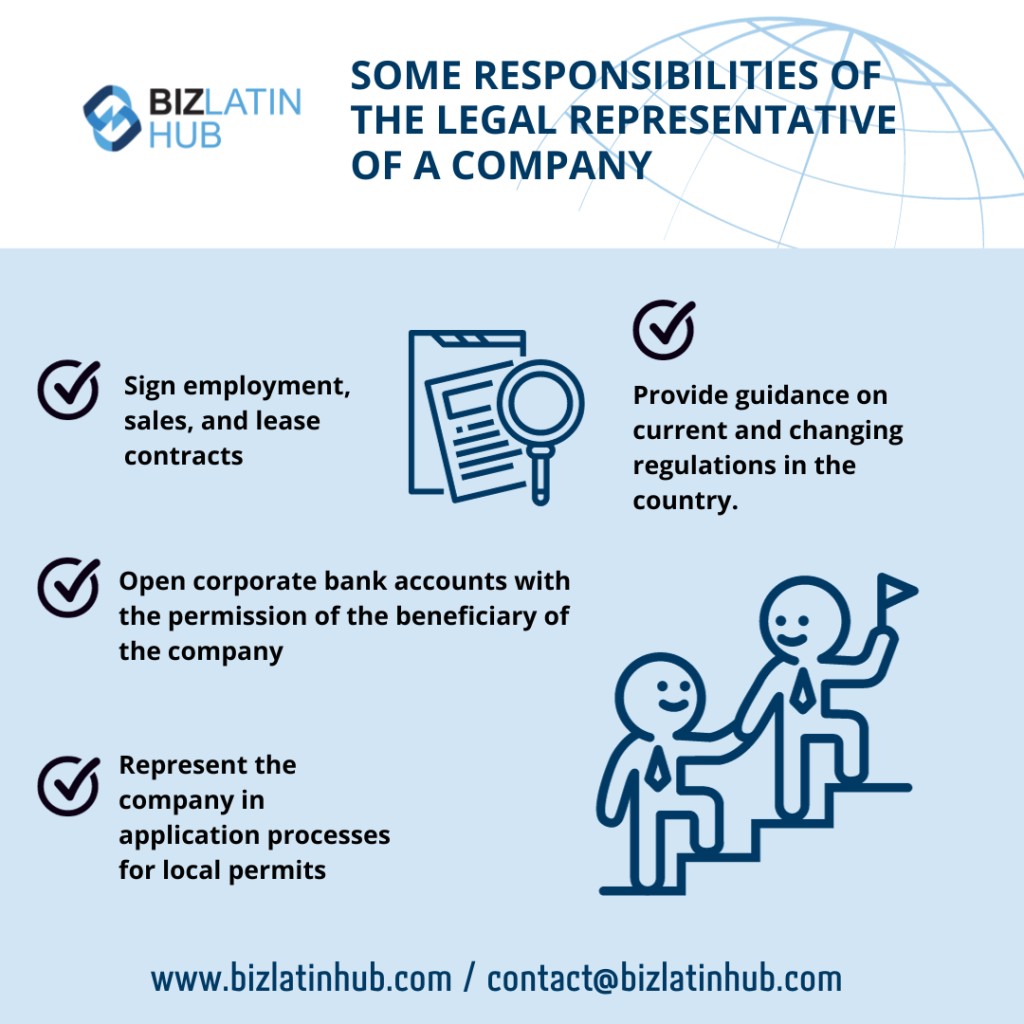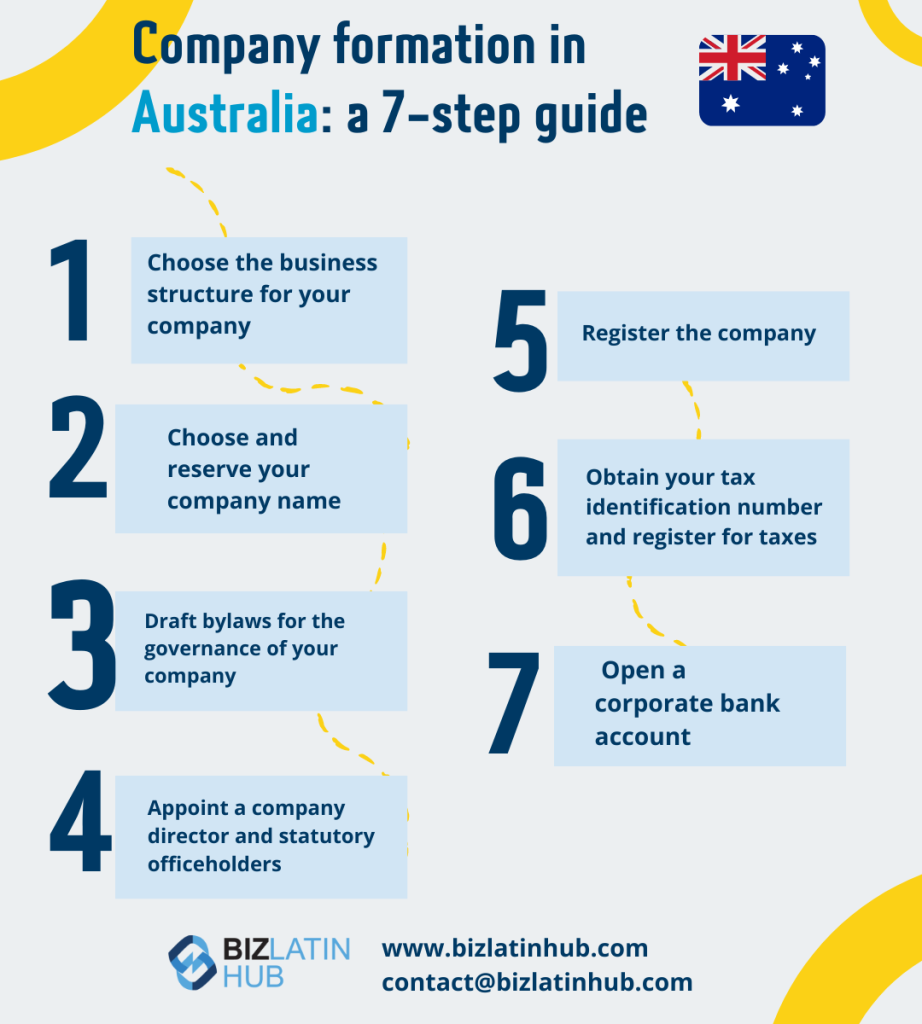Australia houses a powerful, mixed-market economy that boasts a GDP of nearly AU$1.7 trillion (US$1.2 trillion). The Oceanic country holds an unprecedented record of uninterrupted GDP growth in the developed world, having avoided a technical recession for 26 years.
While Australia’s export and investment agenda has been heavily focused on its wealthy Asian partners, Australian businesses are becoming increasingly aware of the largely untapped opportunities in Latin America. Australia’s growing trade ties with Latin American countries give exporters and investors the chance to flourish in brand new markets.
We explore the flow of Australian foreign direct investment (FDI) trends in Latin America, to identify Australia’s vision for popular and future industries for business.
Table of Contents
Australian Foreign Direct Investment in Latin America – A look at recent developments

The Australian government is working hard to promote trade with Latin America. Between 2015 and 2016, Australia’s total trade value with Latin America was a staggering AU$11.2 billion. While the economies continue to expand, foreign investment opportunities for Australian investors keep growing in the region.
The region as a whole has seen significant improvements over the years; economic growth has decreased poverty levels. The formation of economic alliances has encouraged trade relations and a commitment to reducing corruption has improved investor confidence. Luckily for Australian investors, the presence of local companies that can assist with security checks, due diligence reports, and risk mitigation gives greater confidence to those wanting to invest.
The five main sectors
The total value of Australian investment in Latin America stands at AU$6.3 billion. As the country possesses five sectors of world-leading impact, it is only reasonable these sectors are a big part of their investment. The leading sectors regarding Australian investment in Latin America are:
- Agriculture (valued at AU$1.5 billion)
- Mineral & fuels (valued at AU$668 million)
- Simply transformed manufactured products (valued at AU$232 million)
- Elaborately transformed manufactured products (valued at AU$2.7 billion)
- Services (valued at AU$1.1 billion)
Colombia
Improved diplomatic relations are improving trade volumes between Australia and Latin America. The Down Under country has identified the value in boosting its official representation in Latin America. Australia’s recent establishment of the Bogotá Embassy (upgraded from a Consultate) is its sixth overseas post in the region. This desire for stronger ties comes at a time when Australia is experiencing uncertainty around historically reliable trade connections.
With 14,000 Australian visitors to Colombia annually, the embassy will significantly enhance Australia’s presence in the region. Colombia is the third largest economy in Latin America and is stabilizing politically. Colombia’s total annual trade with Australia is worth AU$500 million, with Australia’s investment into the country totaling AU$3 billion. Australian investment is sprouting up in industries where Australia is a global leader, like mining, hydrocarbons, education, agribusiness and insurance. The leading sector where Australian presence is felt is within Colombia’s green energy sector.
Brazil
The leading country for Australian FDI is Brazil. Australian exports are valued at AU$2.375 million. The size of the Brazilian economy offers many trade opportunities for Australian suppliers. Particularly, popularity is rising among in-market niches that depend on innovation, research, education skills and services.
In spite of Australia’s extensive mining interests in the region, Australia’s FDI stock in Brazil is greater than that in the rest of Latin America combined. This is because Australian investments in Brazil are highly diversified, and stretch beyond participation in the mining sector. Australian investment is creeping into iron ore production and petroleum exploration but also renewable energy, logistics, online services, manufacturing, agribusiness, financial services, insurance and fashion retail in Brazil. This has fostered a close relationship between Australia and Brazil.
Australian interests in Brazil have witnessed solid growth in recent years. Student exchange numbers are growing at approximately 20% each year. Moreover, cooperation is strengthening between Australian and Brazilian scientific and research institutions.
As the two major economies are located in the tropics, Australia and Brazil face challenges and opportunities. Australia and Brazil continue to develop a partnership for global leadership in tropical products and services. These include agriculture (including bio-security), health and infrastructure, providing trade, investment and education opportunities for both countries.
Chile

Another country that welcomes a significant number of Australian investments is Chile. The country is the second largest investment destination for Australians, at a valuation of AU$674 million. Known for its excellent mining sector, it doesn’t take long to realize where the Australian opportunities reside. The mineral and fuels sector is a powerhouse sector for the Australians and with their expertise, they can add value in a country like Chile. This is where significant Australian FDI flows can be found.
Chile is home to over 120 Australian companies – this is the largest concentrated Australian presence in a Latin American country. The countries’ geographic proximity, the Australia-Chile Free Trade Agreement and double taxation agreement, and high process transparency for doing business make it a natural hub for Australian companies.
Australian FDI into Chile is dominated by the mining and METS (mining equipment, technology and services) sectors. However, recent years have shown increased diversification of FDI flows. Australian invesmtent is now moving into agriculture, genetics trade, food, infrastructure development, health, transport and logistics industries.
Mexico
Mexico’s extensive economic reform program has it on a trajectory to become a global economic power. Its proximity to the United States, internationally competitive cost structures and openness to foreign trade and investment are driving its progress as an emerging market. Many major Australian companies are fast developing a commercial footprint in Mexico across a range of sectors – advanced manufacturing, education, energy, food and agribusiness, health, infrastructure, mining and technology. Mexico is Australia’s largest trading partner in Latin America.
The Mexican agricultural sector is receiving the bulk of Australian FDI. The biggest opportunities reside in providing technology for the improvement of the sector. Because the Australian agricultural sector is of such high quality, the knowledge companies can offer overseas provides great value. Another sector which shows great promise for Australian investment is the Mexican energy sector. The investments flow mostly into power-generation.
Looking forward
Australia’s major exports in minerals, agriculture, and services have the opportunity to grow with closer trade ties to Latin American markets. As seen in Australia’s export trends with Chile and Mexico, Australian expertise in agritech, water solutions, infrastructure and food products can also gain a stronger foothold in the region.
Latin American needs as a developing region offer Australian businesses high prospects for success in a diverse range of other sectors. This includes financial technology and business consulting – both significantly successful domestic industries.
Latin America also benefits from the fact it has an abundance of rich natural resources, which can be utilised by Australian businesses to sell products back at home.
Cheap labour costs can also be considered a benefit to Australian businesses, with the average salary in El Salvador coming in at just $400 per month. For businesses looking to invest abroad, the territory offers cheap labour and relatively affordable startup and running costs. This reduces the barrier to entry and enables a positive commercial environment for investors.
Find a local partner to help you set up
As the Latin American economy is evolving, different opportunities for investment appear in new areas of the continent. Opportunities are promising for technology transfer, expertise, or trade in many different industries.
Biz Latin Hub offers a wealth of back-office services that can help get your business started in Latin America. We can provide you with local know-how, guidance and support. Contact us now, or visit our website at bizlatinhub.com to find out more.

The information provided here within should not be construed as formal guidance or advice. Please consult a professional for your specific situation. Information provided is for informative purposes only and may not capture all pertinent laws, standards, and best practices. The regulatory landscape is continually evolving; information mentioned may be outdated and/or could undergo changes. The interpretations presented are not official. Some sections are based on the interpretations or views of relevant authorities, but we cannot ensure that these perspectives will be supported in all professional settings.